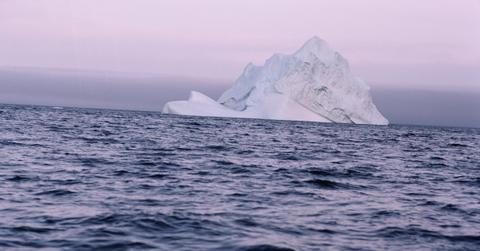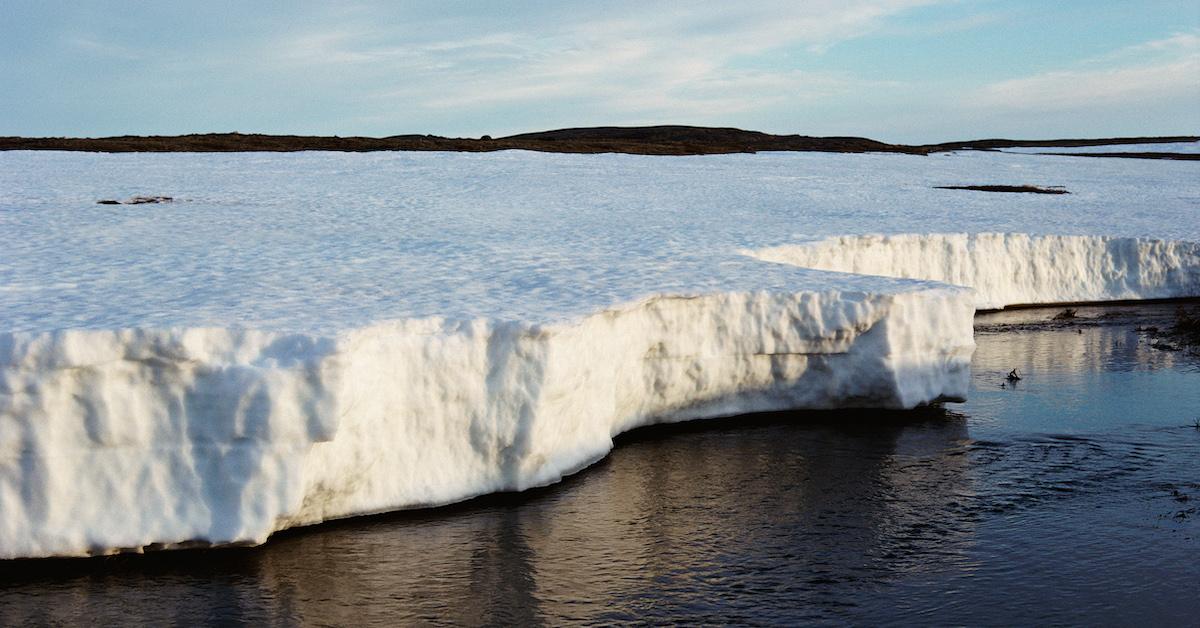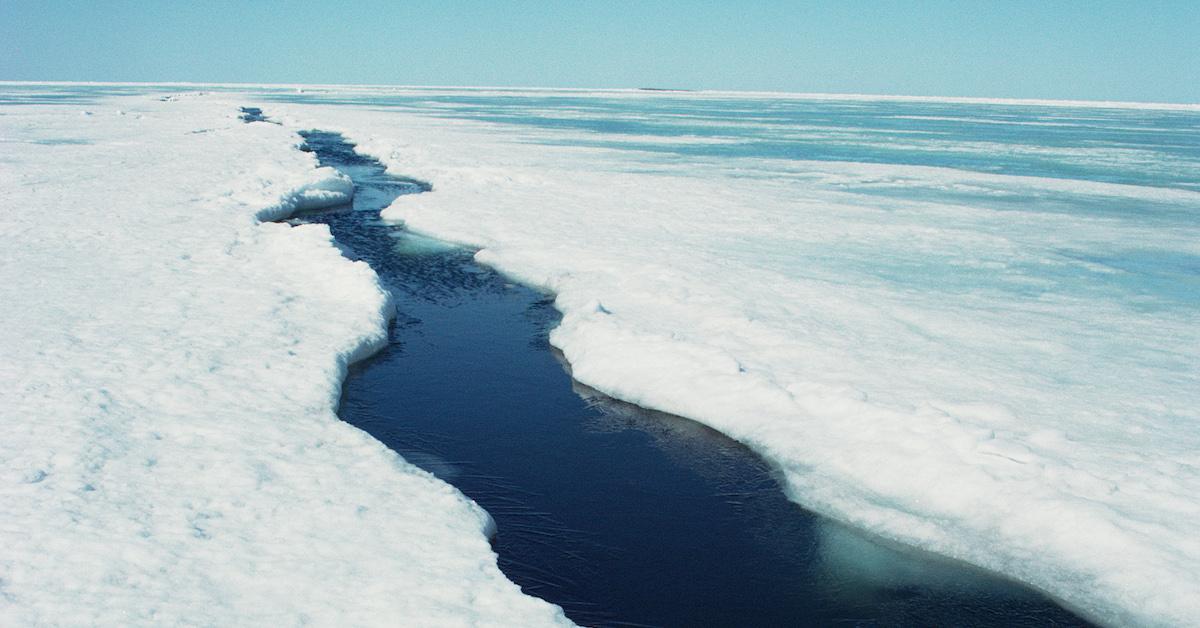Arctic Ocean Has Been Warming Longer Than Scientists Thought
Published Nov. 30 2021, 12:04 p.m. ET

It's common knowledge that the Arctic has been suffering tremendously from the ongoing climate crisis. The icecaps are continuously melting, local species are dying out, and the water levels are rising. But now, a new study led by an international group of scientists is showing that the Arctic Ocean has been warming much longer than climate experts had believed. It appears to have been warming since the beginning of the 1900s, which is decades earlier than anyone had thought.
“The Arctic Ocean has been warming up for much longer than we previously thought,” co-author of the study and University of Cambridge assistant professor, Francesco Muschitiello stated, as per Calgary Herald. “And this is something that’s a bit unsettling for many reasons, especially because the climate models that we use to cast projections of future climate change do not really simulate these type of changes.”

How long has the Arctic Ocean actually been warming?
For years it was common belief that the Arctic Ocean's temperature began increasing during the mid-20th century, though evidently that isn't the case. A new study, that was published in Science Advances on Wednesday, Nov. 24, shows evidence the Atlantic Ocean has actually been flowing into the Arctic region for over 120 years. According to CNN, it's caused a 2 degree Celsius increase since the year 1900. These findings could mean global warming is progressing more quickly we had ever imagined.
"This is something that's a bit unsettling for many reasons, especially because the climate models that we use to cast projections of future climate change do not really simulate these type of changes," Muschitiello told CNN.
The study looked at marine sediments where the Atlantic meets the Arctic, which showed that the temperature and salinity were relatively consistent until they increased in 1900. It isn't clear, however, if the temperature increase was due to human activity-induced climate change.
"We're talking about the early 1900s, and by then we've already been supercharging the atmosphere with carbon dioxide," Muschitiello continued, per CNN. "It is possible that the Arctic Ocean is more sensitive to greenhouse gases than previously thought. This will require more research, of course, because we don't have a solid grip on the actual mechanisms behind this early Atlantification."

Does this mean the Arctic Ocean is warming faster than other oceans?
It is already widely known the the Arctic has warmed much faster than the rest of the world. According to the International Science Council, its temperatures have increased at twice the global average of other oceans — but why is this the case, especially in such a frigid reason? It's because the Arctic is covered in ice, and reflects more sunlight than it absorbs. When the ice melts, it reveals darker spots on land and at sea. That leads to more sunlight absorption, and therefore, more warming.
This weakens west-to-east jet streams in the North, causing more extreme weather patterns. That's right — it all comes full circle.
In contract, Antarctica has hardly warmed at all over the last century. This is because of polar amplification, meaning it's stronger in the Arctic, which is an ocean covered by sea ice, than in Antartica, which is elevated, and covered in permanent snow and ice.
That said, hopefully this doesn't mean we're much farther along in the process than we thought.